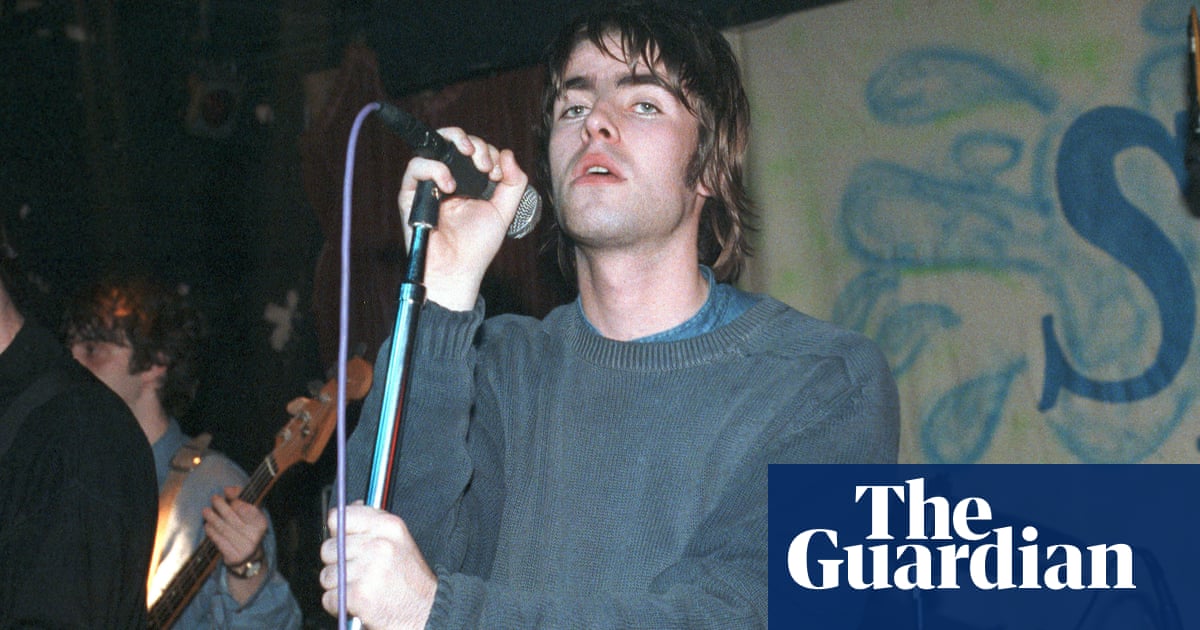Like many folks in their mid-40s, I'm incredibly excited about Oasis's upcoming tour next summer. However, there's a pang of sadness too. When Oasis embarked on their first tour in 1994, 34 grassroots venues across the UK took a chance on the then-unpolished band. Sadly, only 11 of these venues still exist, with the remaining 23 having permanently closed their doors.
This stark reality serves as a stark reminder of the significant cultural losses we've experienced and their implications for the future of music and communities. These 23 vanished venues were lifelines, providing vital spaces for acts like Oasis to hone their craft before achieving widespread recognition. They were integral to the social fabric of their local communities, serving as essential gathering places. Their closures are a reflection of the growing challenges faced by such venues, including gentrification, escalating rents, and a society increasingly willing to sacrifice cultural institutions for profit.
The disappearance of these venues signifies the loss of spaces where individuals could stumble upon live music that might profoundly impact their lives. We lose spaces where art and community intersect, where people forge connections and create shared experiences.
Grassroots venues unite communities and foster creativity. We must champion their existence not just as remnants of the past, but as essential components of our future. The next Oasis is waiting to be discovered, but without venues to provide a platform, their talent may never be realised.
James Kirkham
Founder, Iconic agency
Blur's Britpop Legacy
Simon Price's recent article challenging the myth of Oasis's cultural impact (Stop the celebrations â Oasis are the most damaging pop-cultural force in recent British history, 28 August) is a welcome contribution to the debate. While we're on the subject, it's also worth questioning the "greatness" attributed to another Britpop band â Blur. How anyone could perceive Blur as anything more than a middle-class version of Chas & Dave is beyond comprehension.
Britpop undeniably produced a range of fantastic bands with compelling music and sharp lyrics. However, its two most celebrated representatives, Oasis and Blur, were essentially bland media darlings with limited artistic merit.
Warren Brown
Ilkley, West Yorkshire
Article
Entertainment

Oasis Reunion: A Reminder of Music Venue Losses

